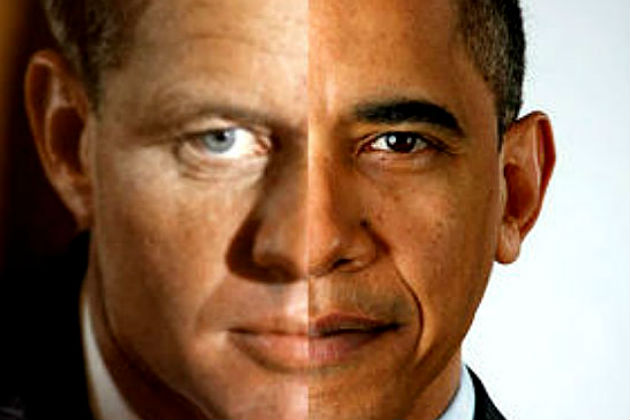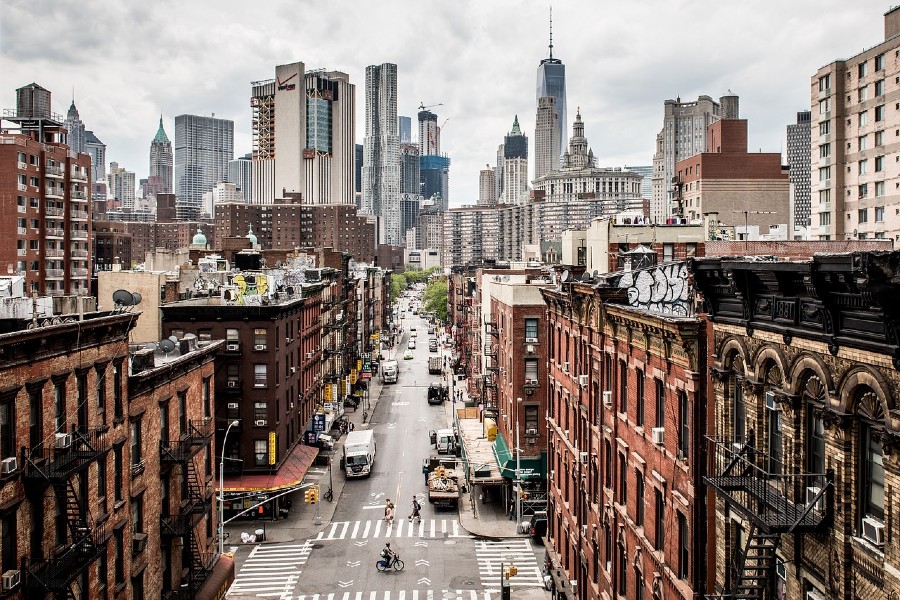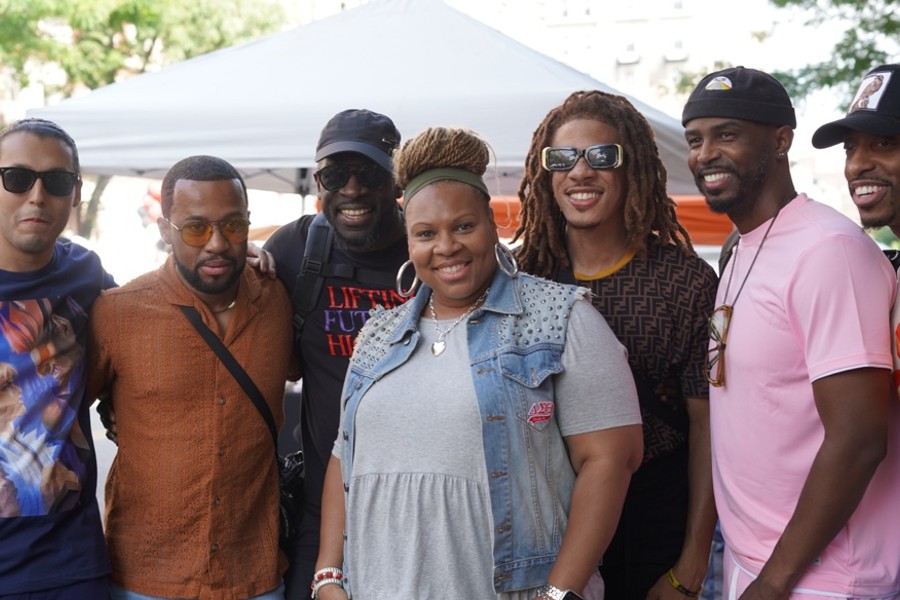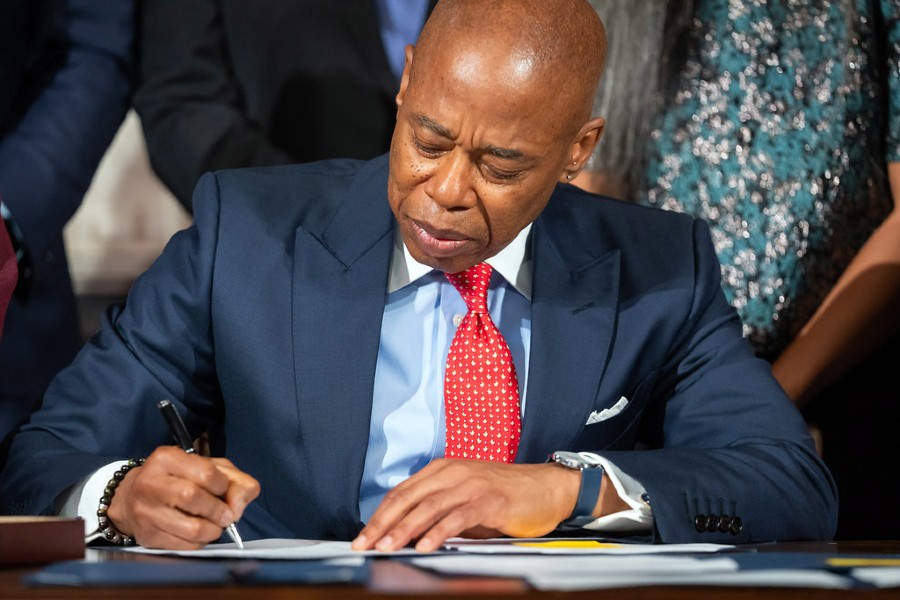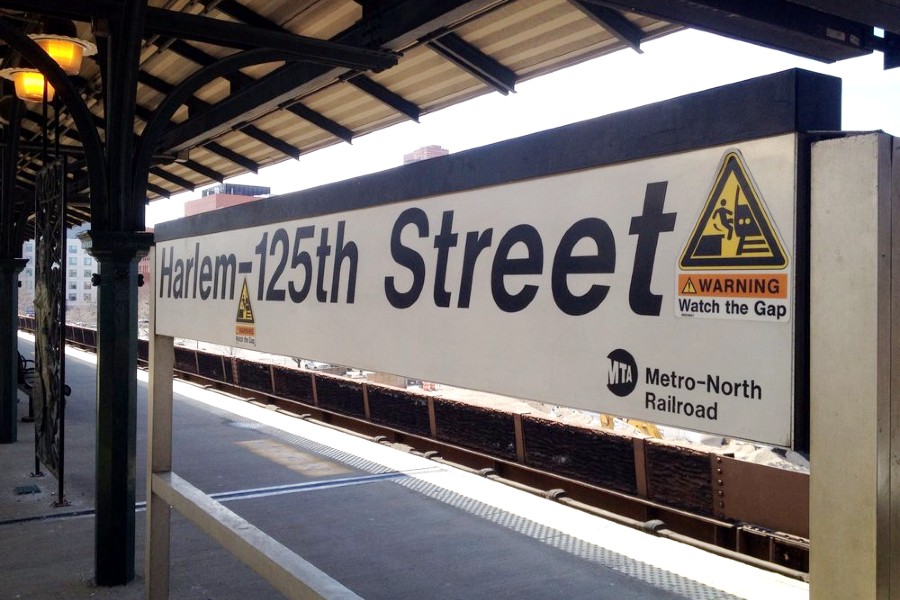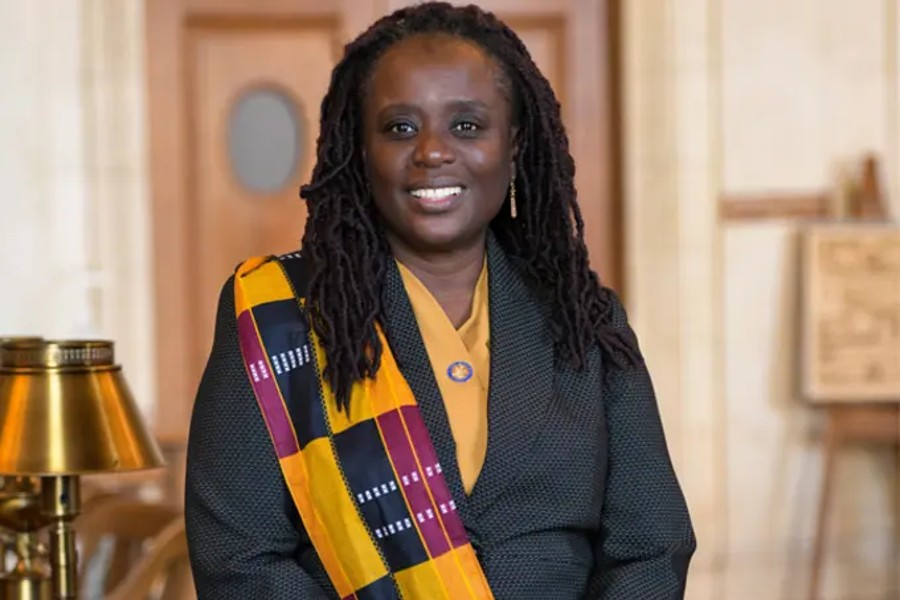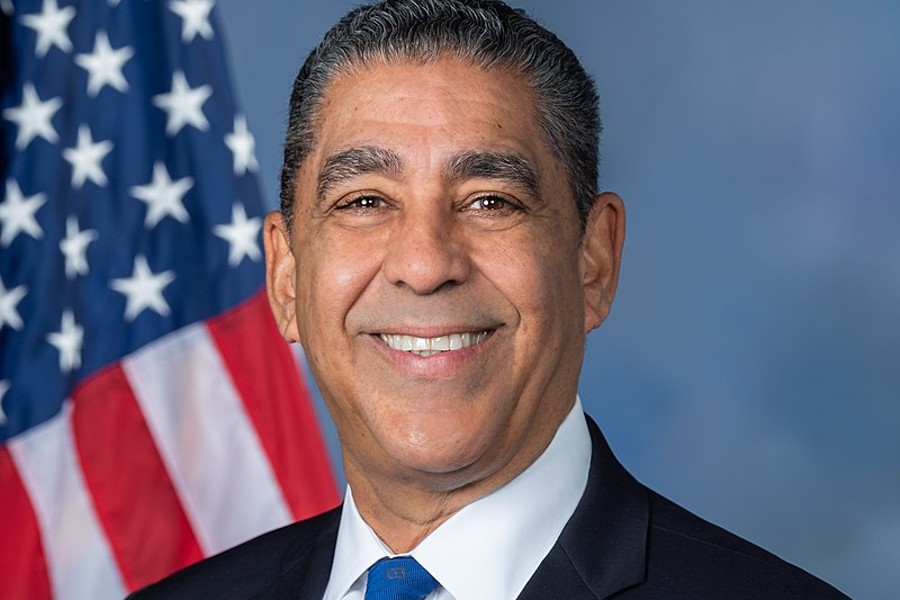“Answer your mail.” Mentors taught this as the first rule of politics when I worked in the U.S. Senate for Missouri’s Stuart Symington in the Seventies.
It kept staff busy and close to constituents, able to advise him on policies addressing needs and informed by ideas. That notion crossed the aisle at that time, the norm for newly elected and veteran Senators, whether liberal or conservative, and then-youthful idealists like me.
I saw it from both ends because I knew I was with other twenty-somethings each morning sorted, bound and delivered Senate letters throughout the complex before, each afternoon, opening each piece of mail in Symington’s office and digesting its contents for distribution to appropriate legislative or casework aides: Comments on defense or foreign affairs? Nominations to attend military academies at Annapolis or West Point? Veterans beset by hospital bed shortages? Rural post offices closing? Proposals on civil rights?
Each earned its place in the record. Each got a written response and often a phone call for clarity. Frequent back-and-forth exchanges sometimes shaped laws or solved problems. Democracy depends on such dialogue. Twenty-two at the time and fresh from Washington University in St. Louis, I was thrilled to find myself part of the system I’d been urged to work within for racial equality and to end the Vietnam War. I paid my dues, proved my mettle, worked my way up from the Senate Post Office and an elevator operator stint in the Capitol to full-time legislative analysis. I questioned Senators and reporters who by chance rode that elevator with me, heard what would happen, then timed lunch hours and coffee breaks to witness key votes from the galleries.
I took seriously the letters I read and phone calls I took in the office. One man in particular, from Festus, Missouri, contacted us often with proposals for projects and policies. His commitment impressed me; I looked forward to finding a message from him in my inbox, determined he’d have an impact. When I first shopped his ideas at a staff meeting it distressed me to hear him dismissed; “Oh, he writes all the time!” I was told. What senior colleagues called a bad thing I thought was good: a citizen’s engagement. We should encourage it, nurture it, replicate it if possible through verbal and written conversation – to cull and act on the brightest ideas, I then thought (and at 62 my views haven’t changed).
After all, Senator Symington hired me because as a college student I held him accountable for cancelling a promised research interview for my thesis after I’d flown to Washington, arrived at his Capitol office and waited one hour to meet. “You urge young people to work within the system. I am trying to do that but you won’t let me,” I wrote on the bottom of his letter inviting me to see him, after he, condescending, placed his hand on my shoulder and announced to his secretaries that I would write him a letter, which of course I already had. I handed the note to his Chief of Staff, whom I asked to make sure he saw it, which launched an exchange of ten letters, an eventual fruitful meeting between us and a later job offer.
Democracy depends on more than mere voter turnout. We elect representatives to use their best judgment, not merely to reflect polling sentiments, as President Kennedy wrote in Profiles of Courage. But inordinate political access by wealthy donors, lobbyists and professional commentators to elected officials and media forums now drown out the people’s voice and endanger democracy.
We see this in ways large and small: the U.S. Supreme Court’s Citizens United decision, equating campaign finance with free speech and corporations with individuals on one hand; on the other, the White House and Congressional website “contact boxes” in which a person may enter brief comments to President, Senator or Representative – though subject to arbitrary length limits (“you’ve exceeded the number of characters allowed, please delete characters”) and likely ignored (“although we try to respond to as many as we can, we cannot guarantee a response”). Transcend that with a classic typed or handwritten missive allowing detail? “Due to the required security screenings, it would take your letter an additional two weeks to reach us,” we’re warned.
After the Baltimore racial crisis occurred, I answered President Barack Obama’s despairing statement that “We must not feign interest in solving the problem but then turn toward business as usual” in an article about how he could address the riot’s root causes (“the post-9/11 militarization of urban police force, the culture-clash between rigid police hierarchies and communities of color seeking compassion and conversation, and the denial of historical wrongdoing by police forces grown less the ‘guardians of democracy’ than enforcers of racial double-standards”).
(President Obama) should, I said, visit Baltimore to sense despair, instill hope, express solidarity and not replicate President George W. Bush’s aloof and airborne avoidance of post-Katrina New Orleans. …review his 2008 Transition Team’s study of Lyndon Johnson’s Great Society and FDR’s New Deal for possible legislative measures and Executive Orders to renew inner city life in Baltimore and elsewhere – inviting Bill Moyers, a Johnson alum and Georgetown Professor Peter Edelman, an architect of Senator Robert Kennedy’s Bedford-Stuyvesant (Brooklyn) Restoration Initiative, as sounding boards. President Obama could challenge us to back him, dare Republicans to block him. He could summon the Richmond-based Hope in the Cities, Hartford’s Everyday Democracy and the University of Mississippi’s William Winter Center for Racial Reconciliation to guide post-crisis dialogues for Baltimoreans’ insights and ideas.
He should, I said, visit Baltimore to sense despair, instill hope, express solidarity and not replicate President George W. Bush’s aloof and airborne avoidance of post-Katrina New Orleans. Mr. Obama could review his 2008 Transition Team’s study of Lyndon Johnson’s Great Society and FDR’s New Deal for possible legislative measures and Executive Orders to renew inner city life in Baltimore and elsewhere – inviting Bill Moyers, a Johnson alum and Georgetown Professor Peter Edelman, an architect of Senator Robert Kennedy’s Bedford-Stuyvesant (Brooklyn) Restoration Initiative, as sounding boards. President Obama could challenge us to back him, dare Republicans to block him. He could summon the Richmond-based Hope in the Cities, Hartford’s Everyday Democracy and the University of Mississippi’s William Winter Center for Racial Reconciliation to guide post-crisis dialogues for Baltimoreans’ insights and ideas.
While George Mason University’s History News Network and New York’s Harlem World Magazine published my piece, no policymaker likely will see it. Yet nowhere has a prominent person pointed out what could be done, despite all that’s been written since protest and riot took place. I’ve challenged prominent people in letters to support or critique my claims, from President Obama’s Senior Adviser and Chief of Staff to every Baltimore Sun reporter who covered the crisis and three New York Times columnists and one Editorial Board member who often write about race, Moyers and Edelman, too. I reached out to former Senator Bill Bradley, because recent events proved prophetic his 1992 warning that “this nation will pay a heavy price if we continue to tiptoe around, demagogue or deny the race issue.” Edelman by phone called my plan “reasonable.” No one else answered. How many Americans like me – or Symington’s long-ago Missouri constituent — have unheard ideas that could lead our leaders?
Prominent people, insulated by security and bureaucracy, become remote from their moral imperatives. This reinforces perspectives and makes people complacent. Their “conventional wisdom” breeds our impatience, cynicism, indifference. When Lord Acton claimed “Power corrupts and absolute power corrupts absolutely,” Jefferson wrote “the most effectual means of preventing this would be to illuminate, as far as practicable, the minds of the people at large.” Yet that’s but a one-way exchange, talking at, not with the people.
If professional politicians and pundits have answers for economic deprivation and racial injustice, let’s hear them! If not, let them answer their mail. Its contents, from whomever it comes, might help them help us all.
Michael McQuillan, a former U.S. Senate aide and Peace Corps Volunteer, is a founding member of the Hope in the Cities National Network and teaches history at the Brooklyn School for Global Studies.
Illustration by Daniel Tisdale for Harlem World Magazine.
Become a Harlem Insider!
By submitting this form, you are consenting to receive marketing emails from: Harlem World Magazine, 2521 1/2 west 42nd street, Los Angeles, CA, 90008, https://www.harlemworldmagazine.com. You can revoke your consent to receive emails at any time by using the SafeUnsubscribe® link, found at the bottom of every email. Emails are serviced by Constant Contact


